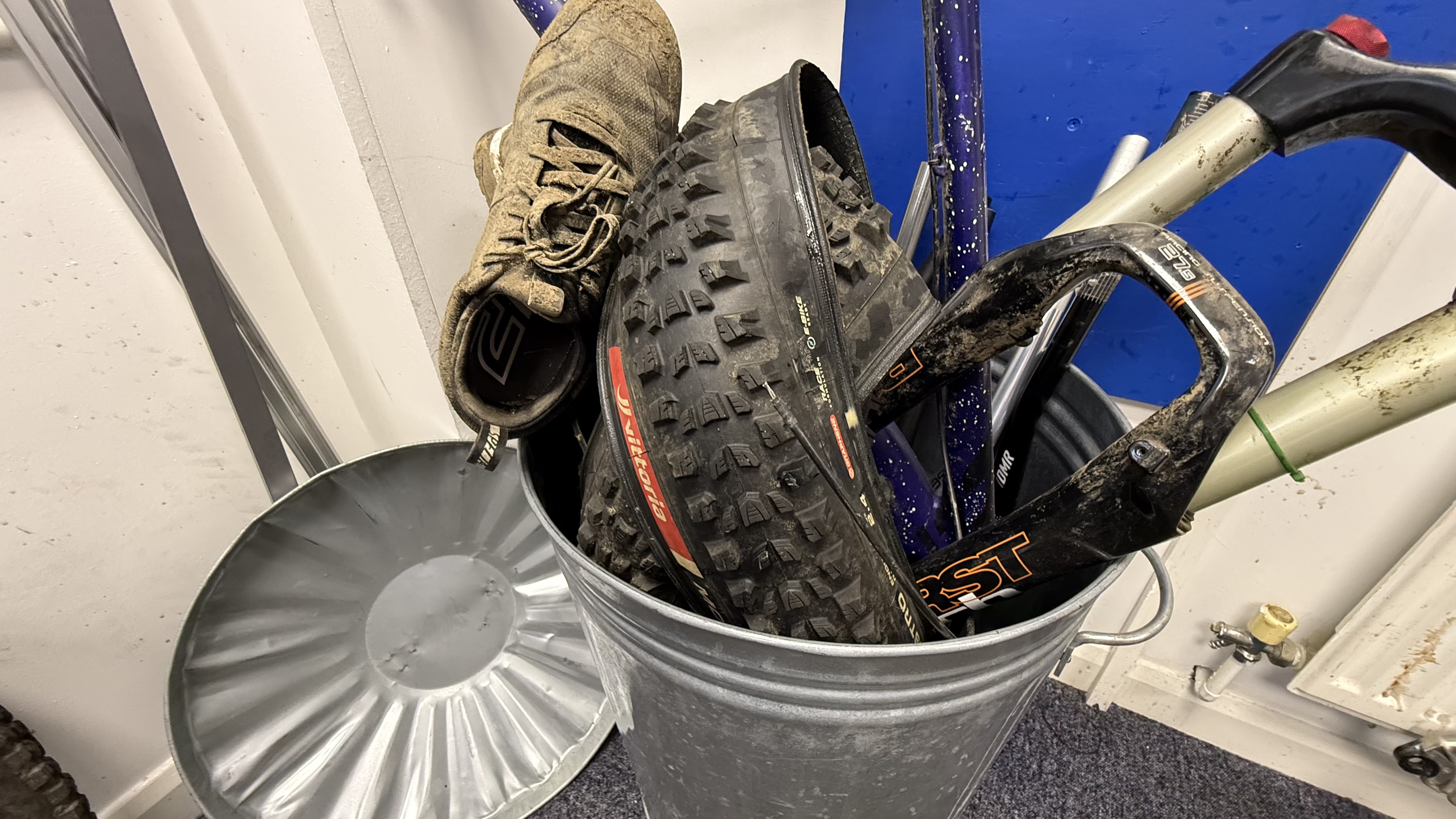We know that mountain biking isn’t ‘green’, and while bikes as transport is better for the planet than cars, there’s still an impact on the environment. In recent years, companies have started to take a closer look at the impact of their manufacturing, but as yet the idea of a true circular economy hasn’t really reached beyond a few small businesses and into the mainstream. Islabikes’ Imagine Project had to be shelved, but the research and effort that went into it highlighted many of the obstacles to attaining true circular manufacturing.

This video takes a look at the impact of bikes beyond the manufacturing process, and asks consumers to start increasing demand for ‘whole life’ consideration of environmental impact. We noticed that it questions water usage as well as carbon footprint – something that hasn’t yet become a focus of sustainability efforts, as far as we can tell. Since the video cites fairly old data from Specialized and Trek, we asked them whether they had any more recent figures they could share.
‘Specialized likely doesn’t know enough about the water consumed during the manufacturing process. We are dedicated first and foremost to reducing the carbon footprint of our product because we believe that has the biggest impact on climate change. That said we know and recognize that water needs to be next on the things we tackle. It’s my understanding the rest of the industry is similarly aligned. Specialized is prioritizing carbon emissions first, though we understand the systematic nature of sustainability and recognize we need to understand and reduce our water impact, land-use impact, etc.’
Specialized
The figures cited in the video for Trek are from their initial sustainability report back in 2021. Since then, they’ve done an annual sustainability report, and we’re told there’s some interesting information due out soon – so they’re not prepared to reveal too much of what’s to come in this year’s report just yet. But Trek did tell us that in response to the waste issue they launched ‘Red Barn Refresh‘, a certified pre-owned buying option which Trek says has been a great success. Trek also told us their factories use advanced closed-loop water processes, although they’ve less insight into water usage at the raw material stage. There’s more sustainability news to come, apparently: ‘There’s more going on behind the scenes, but I wouldn’t want to spoil the surprises in our upcoming sustainability report!’
“Waste is a design flaw.” ~ Sophie Thomas
Revolutions is a short documentary that asks sports enthusiasts, brands, and manufacturers to think differently about environmental sustainability by putting sporting goods at the centre of the conversation. The film uses the bike as a storytelling device to ask some important questions about sustainability such as: What happens to our “toys” when we’re done with them? What happens to a bike at its end-of-life stage? What would it take to design everything with the end in mind? With an estimated 18 million new bikes purchased each year in America alone (National Bicycle Dealers Association, 2015), the bicycle has become an important cultural text that has largely managed to elide environmental criticisms even though it ends up in the landfill with all of our other garbage.
This documentary draws on research supported by the Social Sciences and Humanities Research Council of Canada.
Away from the specific actions being taken by each manufacturer, we were struck here at STW Towers that bikes of today – especially those with electronics of one sort or another – seem likely to present a greater problem of obsolescence or refurbishment than the bikes of the past. Think about how many old bike lights you could actually still make work today… will the community bike projects like the one shown in this video, or at the heart of our Back From The Dead series, be able to refurb today’s bikes in another ten years time?






